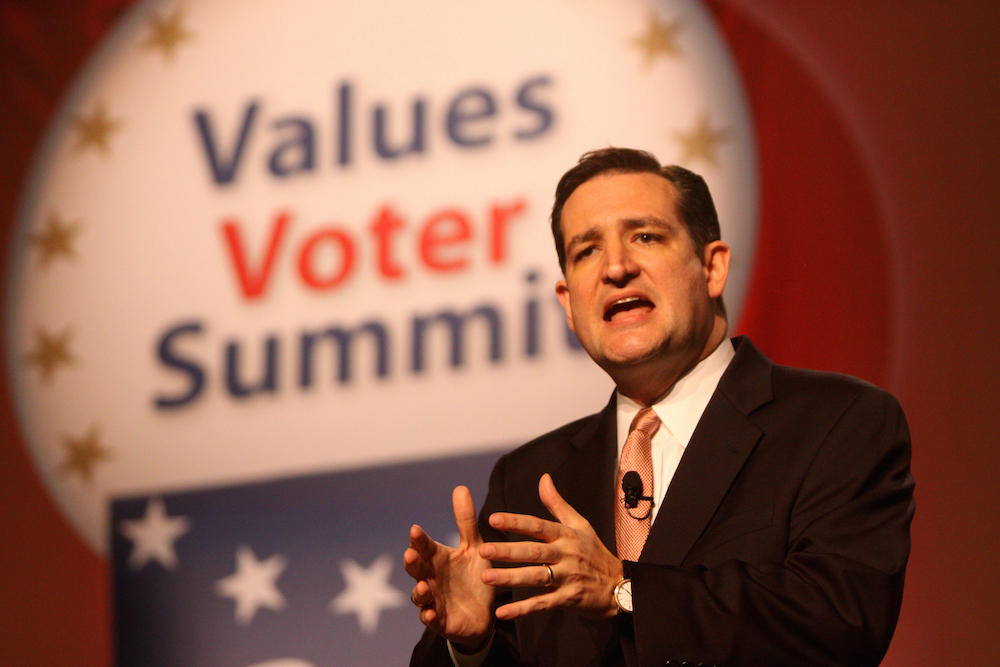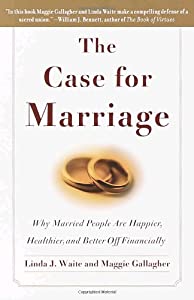Faced with declining social and political support for traditional marriage, conservative evangelicals have started wrestling with the possibility that the time has come to let go of their opposition to gay marriage. It’s forever-ago in internet time, but I was asked to address the question last year at the evangelical Leadership Journal. Somewhat more recently, the brilliant Tim Dalyrmple took up the question in his pointedly titled post “Is it time for evangelicals to stop opposing gay marriage?” The discussion has only picked up steam since then.
For politically conservative Christians, it’s somewhat dispiriting that the question is even being asked. This isn’t the healthy, robust self-criticism of a flourishing movement. The question is oriented toward negotiating the terms of “surrender,” so to speak, on grounds that it will be the only way to keep a “seat at the table” long term. If anything, that so many people are seriously considering such a strategy means that the evangelical pro-marriage movement is already over and now we’re all circling to preserve what scraps we can.
I understand the impulse, of course, to take up the inquiry. The demographic case for the future of marriage looks bleak. Even while many people are still willing to tell a pollster they’ll support traditional marriage and even pull the lever in a voting booth for it, young people are clearly moving in a different direction. Anxieties about marriage’s future are not groundless.
Even so, the question is one that I have no opinion on other than that it is the wrong question altogether. The way conservative evangelicals frame this moment will determine not only how we proceed in the future, but is determined by what we have done in the past. And in that sense, the question of whether we should continue to defend traditional marriage signifies a fundamental weakness in the evangelical attitude about marriage and culture.
The Wrong Messages from the Right Parallel
Over the past few years, evangelical conservatives engaged in the public debate about marriage have pointed to the pro-life’s success in shifting attitudes for comfort. One of the best examples of this was my friends Andrew Walker and Ryan Anderson’s analysis at National Review. Given that the public’s mindset has shifted on abortion, the argument goes, then we should learn its lessons and maintain a similar sort of optimistic resolve.
There is something to the point. Christians are never to be taken by either fatalism or despair; the course of history never did run smooth. It is possible that what is celebrated in one generation is laughed at by the next. The falseness of fatalism that stands beneath the “wrong side of history” claim stands beneath the temptation to despair as well.
But it is important to learn the right lessons from the pro-life movement and on this point I am not convinced that we have. The differences between the issues are considerable. For one, the pro-life movement has been helped by the advent of ultrasound technologies, while the steady decoupling of sex and procreation by techniques like sperm donation and IVF have weakened the link between heterosesual marriage and biological childbirth. What’s more, Hollywood has by and large demonstrated something of an aversion to presenting abortion in a positive light—there seems to be some intuitive appeal to the idea that a mother keeping a child is a noble sacrifice and a better story—but on homosexuality has clearly taken a different approach. And the “harm argument” by pro-lifers has a good deal more persuasive force than the somewhat more nebulous, further removed case of the marriage movement. “Babies are killed in the womb” is an easier claim to defend than the institutional erosion argument that marriage advocates must make.
Perhaps more importantly, though, from a political and social standpoint the central difference between the two is that the pro-life case has gone forward within a progressive social temperament while evangelicals have largely framed their support of marriage in terms of “defense” and “conservatism”—which Jon Shields points out in his excellent book The Democratic Virtues of the Christian Right. The pro-life movement is not attempting to protect an institution so much as subvert and replace one. They have developed networks of care and support for pregnant mothers to provide alternative means of support for those in danger of choosing abortion. And as Shields notes, many of their most effective grassroots efforts to persuade others have emphasized tone and presentation beside the effectiveness of their arguments. Even the energy around the legal strategy has had a progressive bent: the sense of disenfranchisement created by Roe versus Wade motivated activists to overturn the fundamental injustices within our legal code, rather than more deeply inscribing the status quo.[1]
On marriage, though, evangelicals have mostly thought in conservative and defensive terms. When the marriage movement started, the immediate cause was undermining the no-fault divorce regime. The first book I read on marriage policy, Maggie Gallagher and Linda Waite’s influential The Case for Marriage, barely mentioned gay marriage. But when that question came to the forefront, the marriage movement seemed to lose its progressive edge. Rather than replacing unjust laws, marriage advocates instead focused on further entrenching in American law the traditional definition of marriage while expanding the social benefits that go along with it. The law may be a tutor, but it is not strong enough to stitch back together a fraying social fabric.
Unless the pro-marriage movement takes on a progressive mentality and orients itself around pursuing social and legal changes rather than reinscribing and holding on to a particular order, then the pro-life parallel simply will not hold. It is difficult these days to win support for a position simply on grounds that it is true. The truth must be made urgent and, it seems, made clear over and against a sense of fundamental injustices.
The Wrong Question
Should evangelicals continue to defend traditional marriage?
Login to read more
Sign in or create a free account to access Subscriber-only content.

